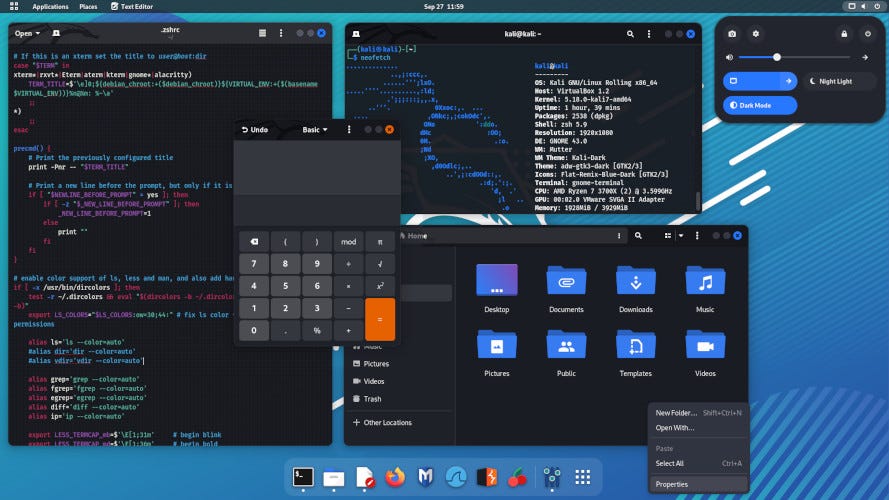Supply Chain Attack Unveiled in Linux Distro Utility XZ Utils, Facilitating Remote Code Execution
Plus, Earth Freybug Cyber Threat Group Unleashes New UNAPIMON Malware, Poses Significant Security Risk
CVE-2024-3094 Discovered in XZ Utils Raises Concerns Over Backdoor Inserted by Maintainer, Potentially Allowing Remote Attackers Complete Access to Systems
A critical security flaw tracked as CVE-2024-3094 has been exposed in the widely used Linux data compression utility XZ Utils, allowing remote code execution. Discovered by Microsoft engineer Andres Freund, the backdoor enables attackers to bypass secure shell authentication and gain full system access.
The malicious code was deliberately inserted by a project maintainer named Jia Tan, who meticulously built credibility over two years before introducing the backdoor in the XZ Utils 5.6.0 and 5.6.1 release tarballs. Tan's sockpuppet accounts, including Jigar Kumar and Dennis Ens, reportedly orchestrated feature requests and issue reports to influence the addition of Tan as a co-maintainer.
Lasse Collin, the original maintainer, acknowledged the breach, emphasizing that the compromised tarballs were created and signed by Tan. Filippo Valsorda's analysis revealed that remote attackers can execute arbitrary payloads through an SSH certificate, circumventing authentication protocols to take control of victim machines.
The incident underscores the sophistication of the state-sponsored operation behind the supply chain attack, prompting concerns over the security of open-source software projects and the need for robust tools and processes to detect tampering and malicious features.
This discovery echoes previous supply chain attacks like Apache Log4j, highlighting the vulnerabilities inherent in open-source and volunteer-run projects and emphasizing the importance of adopting measures to identify and mitigate such threats.
Trend Micro Exposes Sophisticated Tactics of Earth Freybug's Latest Espionage Campaign with UNAPIMON Malware
Security experts have identified a new threat activity cluster dubbed Earth Freybug, which has unleashed a sophisticated malware named UNAPIMON as part of its espionage and financially motivated campaigns since at least 2012. Earth Freybug, believed to be a subset of the China-linked APT41 group, employs a variety of tactics, including living-off-the-land binaries (LOLBins) and custom malware, to target organizations globally.
UNAPIMON, the latest addition to Earth Freybug's arsenal, is designed to evade detection by employing advanced techniques. It prevents child processes from being monitored by leveraging DLL hijacking and API unhooking methods. This allows the malware to operate stealthily, avoiding detection in sandbox environments that utilize API monitoring through hooking mechanisms.
The attack chain initiated by Earth Freybug begins with the use of a legitimate executable associated with VMware Tools to create a scheduled task and deploy a malicious batch script named "cc.bat" on the victim's machine. This batch script collects system information and launches another scheduled task to execute UNAPIMON.
Notably, UNAPIMON utilizes a service called SessionEnv to load a malicious DLL, TSMSISrv.DLL, which is responsible for dropping the UNAPIMON DLL file and injecting it into critical processes like cmd.exe and SessionEnv itself. This grants the attackers remote access to the compromised system, effectively turning it into a backdoor.
Despite its simple C++ codebase, UNAPIMON demonstrates the author's coding prowess and creativity. By leveraging the Detours library, the malware evades detection and analysis, making it challenging for security researchers to uncover its malicious activities.
The discovery of UNAPIMON underscores the evolving tactics of Earth Freybug and highlights the importance of implementing robust cybersecurity measures. Even seemingly simple techniques, when applied effectively, can significantly enhance the stealth and effectiveness of cyberattacks. As such, organizations must remain vigilant and employ comprehensive security solutions to detect and mitigate threats posed by sophisticated threat actors like Earth Freybug.





